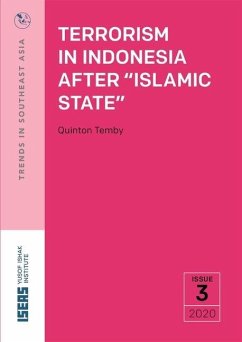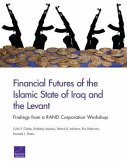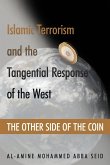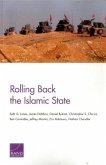The emergence of the Islamic State (IS) movement in Indonesia in 2014 re-energized violent extremism in Indonesia. As a result of effective counterterrorism policing, however, IS networks have been decimated and the structure of jihadism in Indonesia has shifted from organizations to autonomous networks and cells, increasingly organized via the Internet. Although support for violent extremism in Indonesia remains marginal, cells of IS followers maintain a low-level capacity to conduct lethal attacks against civilian and government targets. Most IS operations in Indonesia are sporadic and low-level attacks against the Indonesian police. Religious minorities have also been high-profile targets, as in the Surabaya church suicide bombings of 13 May 2018. There are some indications, however, of militants' renewed interest in attacking foreign targets, such as tourists on the resort island of Bali.
Hinweis: Dieser Artikel kann nur an eine deutsche Lieferadresse ausgeliefert werden.
Hinweis: Dieser Artikel kann nur an eine deutsche Lieferadresse ausgeliefert werden.








